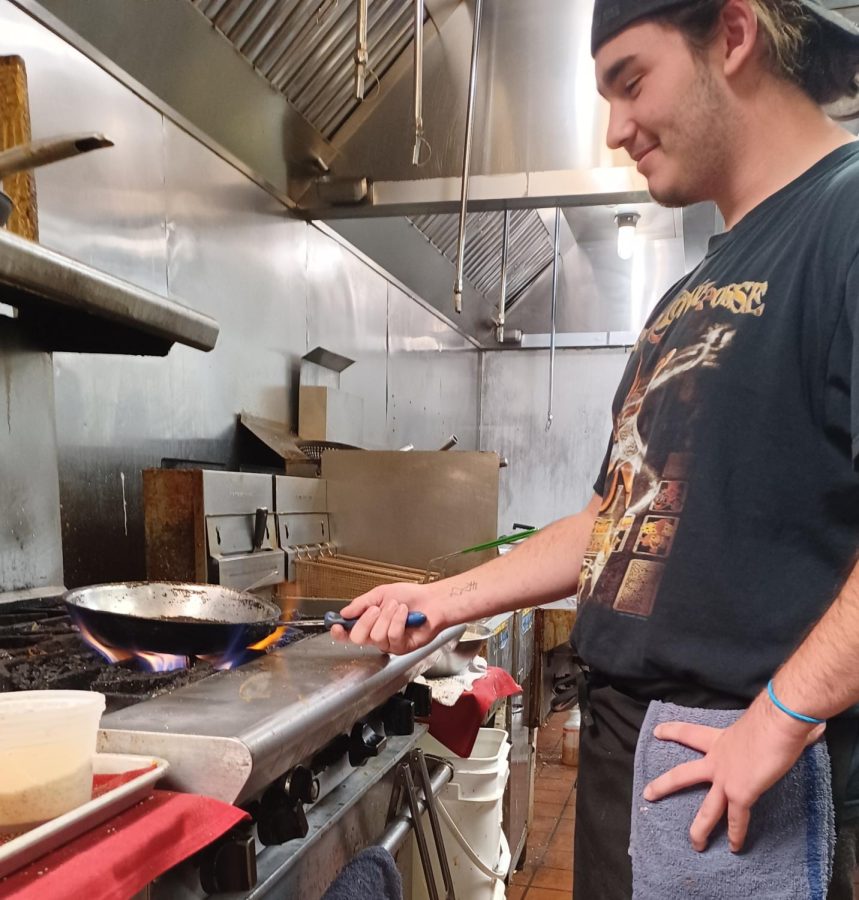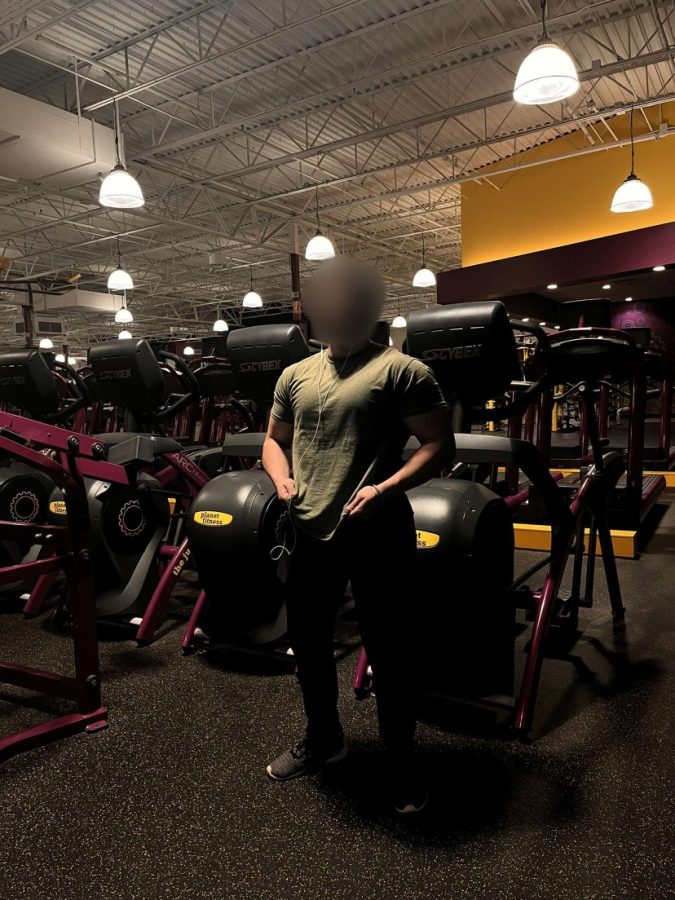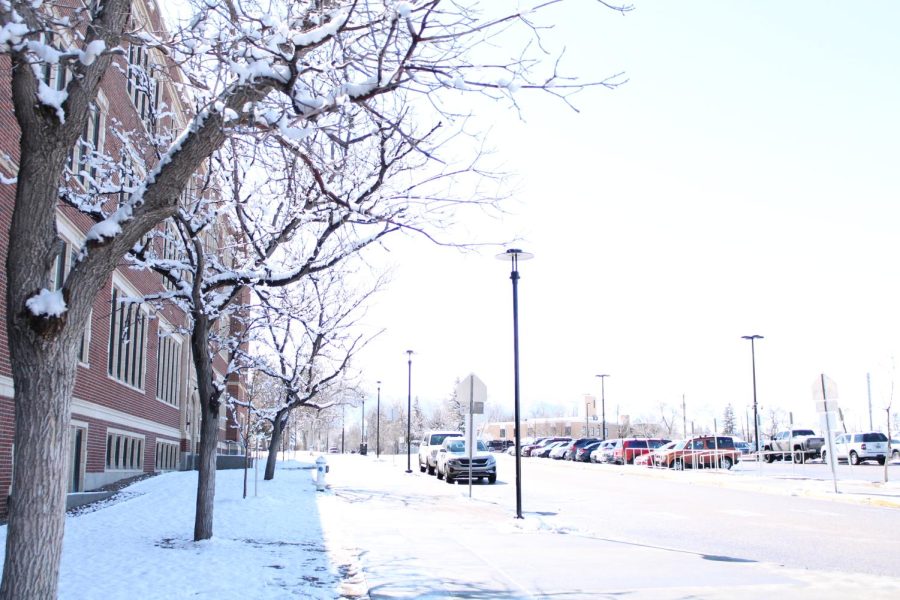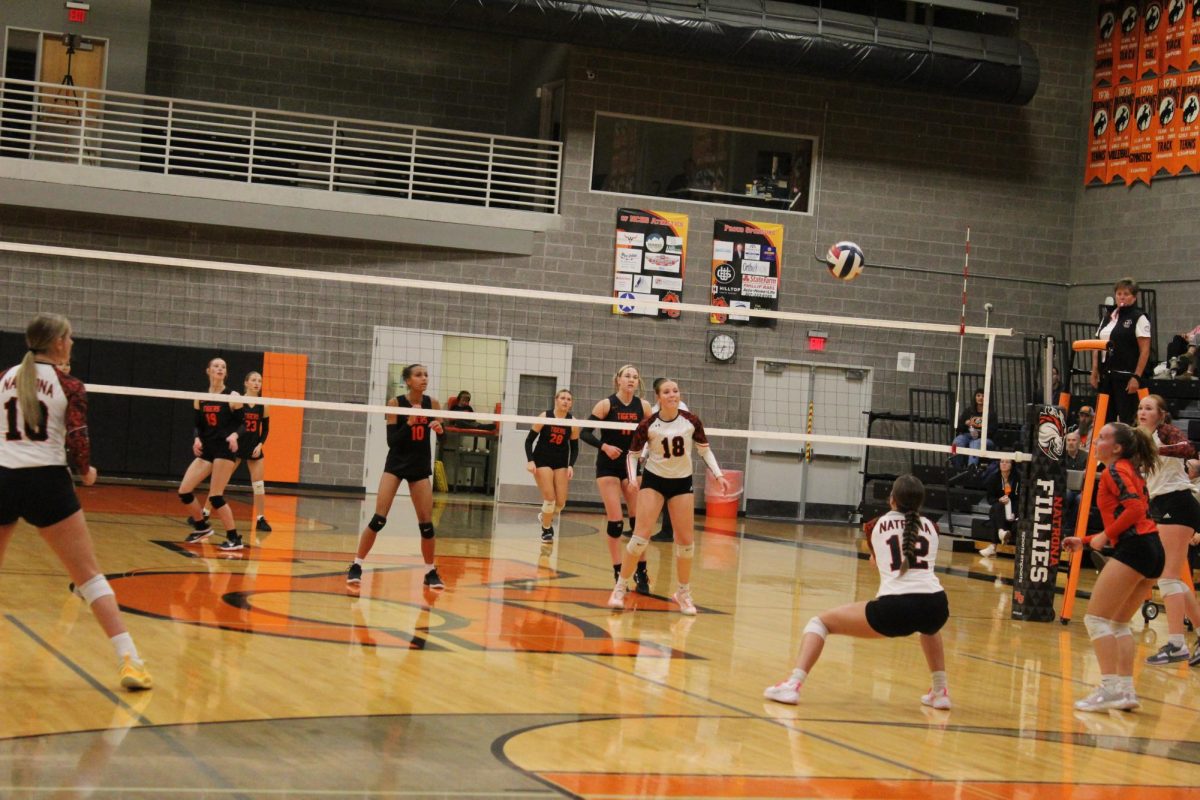Introduction
The effects of being everything to everyone without rest to reap the rewards of hard work slowly suffocates stressed students, especially now, when finals are just around the bend. Junior Ashlyn Hodge is taking two IB classes as well as participating in sports and maintaining a job. She said: “High school is fun, but sometimes I get caught up in all my work. I forget that I need time for myself.” Outside demands from parents, coaches, teachers, tests, bosses in some cases, and friends all start weighing down a person’s ability to perform. Junior Kaia Mersman said “I love high school, I love the things that it offers, but sometimes, it does get to be a bit much. Junior year hit and suddenly it was like playtime was over.” When a person gives everything their all, with very few breaks in between, it doesn’t take long for burnout to set in. These emotions combined all contribute to burnout. When burnout kicks in, grades begin to slip, and social lives, or they want to go out, dissipate. The drive that someone had before finally flatlines.
What Is Burnout and What are the Symptoms?
According to the Mayo Clinic, burnout is the state of the emotional, mental, and physical state of being perpetually exhausted caused by excessive stress. It takes quite a bit of mental decline before a person officially becomes burned out, such as staked assignments in classes on top of the looming finals.
Signs that a person is heading to a burnt-out state include loss of interest in things they love, every day is repetitively a bad day, constant exhaustion, symptoms of anxiety or depression, feeling unappreciated and occasionally unwanted, and everyday tasks appear mind-numbing, dull, or overwhelming. These negative feelings bleed into a person’s everyday life, including home, work, and social life and they take their toll. These mental feelings have a long-term effect on a person’s physical being, too. A burnt-out person may experience more illnesses than before, such as colds and flu.
Junior Peyton Shoemaker said, “As much as I love being a high school student, sometimes I notice some emotions from school bleed into my home life; when that happens, I notice feelings of being trapped and then I’ll get snippy.” She’s since gone online due to the stress of in-person classes.
How Can I Avoid Burnout?
According to HelpGuide.org, going through a case of burnout can lead to another case. Junior Shelby Heidelbauer said about burnout in schools, “Second and third quarter is burnout central, it’s nonstop work.” When assignments start piling up and there is a continuous steady flow of work with little to no recognition of the work a person puts in, it’s prime breeding ground for burnout. When adding the stress from a final on top of stress about upcoming due dates, sometimes it gets hard to focus on the tasks at hand.
However, preventing it before it happens is possible. The easiest way to prevent burnout is to take breaks frequently. Create boundaries and know when to say no. Licensed counselor Missy Nack said, “Take care of yourself, beyond hot bubble baths; set realistic and healthy boundaries in the workplace.”
As much as teens experience burnout, adults do, too. Office attendant Anita Waddell said the easiest way for her to prevent burnout is to “Step away from the situation or go home and escape the world with a good book and a fuzzy blanket.” Candy Daniels, another attendant in the office, said the easiest way for her to escape burnout is to “go home and take care of the livestock.” When asked if they have seen students burnt out both said “Yes, their whole demeanor will change; shoulders drop, they become a bit more forgetful, or something small will trigger a downfall of emotions.”
Difference Between Stress and Burnout (Yes, There’s A Difference)
The saying ‘stress is a killer’ is true, according to HelpGuide.org. Turns out, that statement is true, and a main distinguishing factor between stress and burnout. Senior Brenna Thompson said, “School and my job puts a lot of stress on me and when people focus on what I’m doing wrong, it severely adds to my mental strain.” Focusing on the negative with little to no reward for what a person is doing right causes negative effects on the mind. When mental strain, or stress, builds up, it quickly spirals into a burnout episode. According to HelpGuide.org stress can kill, while burnout tends to lead to more thoughts of dying, or suicidal ideations. These aren’t the only differences, however. According to HelpGuide.org, the differences are illustrated below.
| Stress | Burnout |
| Emotions are overactive | Not too much emotion, in a ‘shut-down’ state |
| Creates urgency and hyperactivity | Produces feelings of hopelessness |
| Loss of energy | Loss of motivation, ideas, and hope |
| This leads to anxiety disorders | Leads to depression |
| Damage to self is physical and emotional | Damage to self is emotional and mental, as well as physical |
Trends Among Teens
Adults are beginning to realize that burnout happens to anyone of any age. Students get just as burned as any working adult. According to The American Psychological Association, about 31% of students say they’re overwhelmed, and 23% of students have admitted to skipping a meal due to stress. Nack said, “As a society, we have unrealistic expectations on what a person can handle, and teenagers want to please a lot of people, and then they lose sight of what they want.” According to Nami.org, state statistics show that about 7,000 Wyoming teens experience symptoms of depression; of that, 44.3% of these students are more than likely to drop out of school. Locally, Nack said, “It’s harder to tell how many Casper students are dealing with burnout, though that number could be pretty high.”
Conclusion
Burnout is hard to overcome when there are so many stressors in life. Hodge said, “It’s a constant balancing act to figure out how to make my social life fit with my academic life and still try to figure out how to achieve my dreams and make my family proud.” Recognizing the signs and symptoms of burnout is a major step to taking better care of yourself. Understanding what your body needs (i.e. rest, water, breathing) is extremely important in overcoming burnout. “Knowing what my body is telling me is one of the hardest lessons I had to learn, but I’m better in tune with what I need and how to fix problems at hand because of it.” Said Hodge.



















